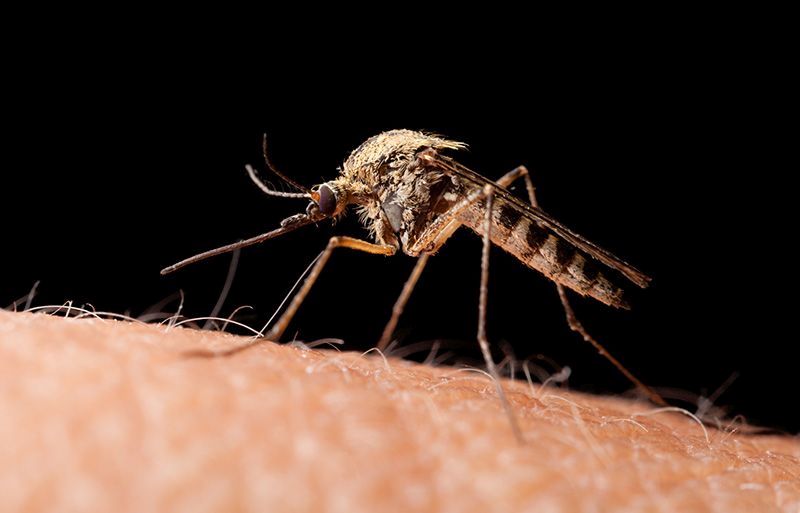
Thursday, June 2, 2016

THURSDAY, June 2, 2016 (HealthDay News) -- With the Zika threat growing in the United States, people need to take extra steps to protect themselves against the mosquito species that carries the virus, experts say.
The Zika virus is spread by the Aedes aegypti mosquito. Symptoms of infection include fever, rash, joint pain and red eyes that may last for a week. The virus is especially dangerous for pregnant women and those considering becoming pregnant because it increases the risk of a birth defect called microcephaly, in which a baby has an abnormally small head and brain.
Brazil has been the epicenter of the Zika outbreak, with close to 5,000 cases of microcephaly. But two infants have been born in the United States with the condition, in Hawaii and New Jersey. And health officials expect more cases of Zika in the southeastern part of the country as the summer season starts.
The Nebraska Regional Poison Center suggests that you protect yourself and your family from mosquitoes by following "the 3 D's":
- Drain water from garbage cans, tarps on outdoor furniture, coolers, planters, pet bowls and other sources of standing water where mosquitoes can breed. Check for standing water after every rain and every time you water the lawn/garden, and wipe out birdbaths every few days.
- Dress to ward off mosquitoes. Wear clothing that is loose, light-colored and has long sleeves and covers your legs. Cover cribs, strollers and baby carriers with mosquito netting.
- Defend against mosquitoes using a number of methods. Mosquitoes are weak flyers, so consider using a fan when sitting outside. Plant marigolds or citronella, which are considered natural mosquito repellents. Instead of regular light bulbs, use LED lights outdoors because they do not attract mosquitoes.
Insect repellent is one of the best defenses against mosquitoes. U.S. Environmental Protection Agency-registered repellents are considered safe and effective, even for pregnant and breast-feeding women, according to the poison center.
When you come inside, wash repellents off with soap and water. Do not use repellents under clothing, do not apply them on skin that is cut or scraped, and do not use them on children younger than 2 months of age. When applying repellents to children, avoid their eyes and mouth. Apply the repellent to your hands and then apply to the child's face.
SOURCE: Nebraska Regional Poison Center, news release, May 2016
HealthDay
Copyright (c) 2016 HealthDay. All rights reserved.
News stories are provided by HealthDay and do not reflect the views of MedlinePlus, the National Library of Medicine, the National Institutes of Health, the U.S. Department of Health and Human Services, or federal policy.
- More Health News on:
- Zika Virus




























.jpg)












No hay comentarios:
Publicar un comentario